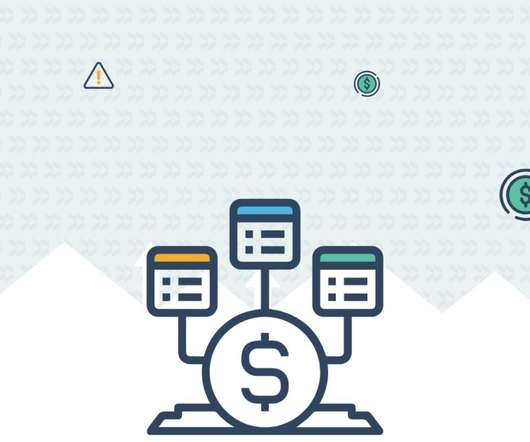Founder’s Stock Is Gold, If You Know The Rules
Gust
MARCH 16, 2014
In reality, so-called “Founder’s” shares are simply common stock, issued at the time of startup incorporation, for a very low price, and normally allocated to the multiple initial players commensurate with their investment or role. Here are some typical special terms and considerations for Founder’s stock: Negligible real value.







































Let's personalize your content